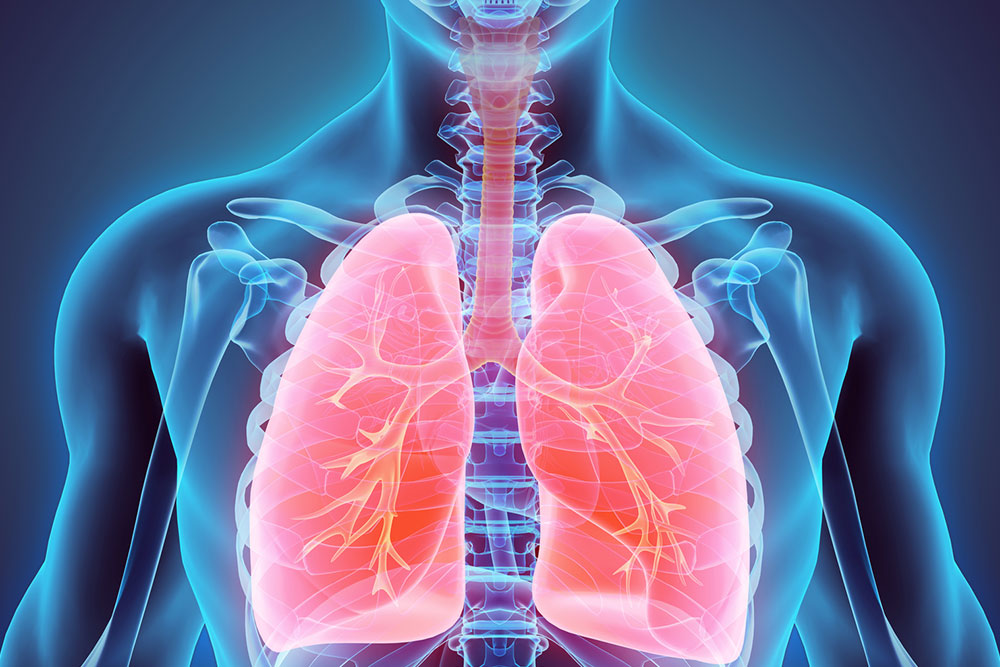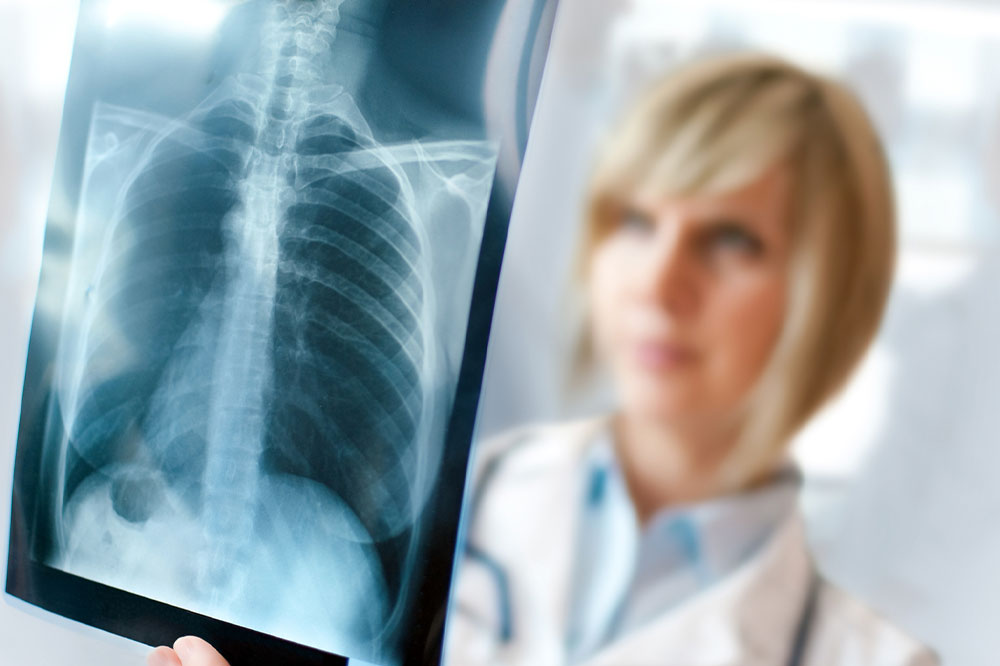Comprehensive Guide to Stomach Cancer: Causes, Symptoms, Diagnosis, and Treatment Strategies
Explore comprehensive insights into stomach cancer, including its causes, symptoms, diagnosis, and latest treatment options. Learn how early detection and lifestyle changes can impact prognosis and survival. Stay informed about advances in medical research aimed at combating this deadly disease effectively.

Comprehensive Guide to Stomach Cancer: Causes, Symptoms, Diagnosis, and Treatment Strategies
Stomach cancer, also known as gastric cancer, remains one of the most significant health challenges worldwide, ranking among the leading causes of cancer-related mortality. According to the World Health Organization (WHO), this disease causes hundreds of thousands of deaths each year. Despite advances in medical research and technology, understanding the complex nature of stomach cancer is crucial for early detection and effective treatment. This comprehensive guide delves into the causes, symptoms, methods of diagnosis, and current treatment options available for stomach cancer, helping individuals and healthcare providers recognize and combat this deadly disease effectively.
Stomach cancer develops in the lining of the stomach when abnormal cells begin to grow uncontrollably, forming malignant tumors. These tumors can invade deeper layers of the stomach wall and potentially spread to other parts of the body through the bloodstream or lymphatic system. The disease often remains asymptomatic in its early stages, making early diagnosis difficult. As the cancer progresses, symptoms become more apparent, which can include persistent indigestion, bloating after meals, nausea, and unintentional weight loss. Recognizing these signs early can significantly improve treatment outcomes.
Causes and Risk Factors for Stomach Cancer
The precise causes of stomach cancer are not entirely understood; however, multiple risk factors have been identified through extensive research. The primary risk factor is infection with Helicobacter pylori (H. pylori) bacteria, a common gastrointestinal pathogen that causes chronic inflammation of the stomach lining. Long-term H. pylori infection is strongly associated with the development of gastric ulcers and subsequent malignant transformation.
In addition to bacterial infection, lifestyle and dietary habits play a pivotal role. Diets rich in processed, salty, smoked, and oily foods increase the risk of gastric cancer. High salt intake can damage the stomach lining, making it more susceptible to carcinogens. Smoking is another significant risk factor, as tobacco smoke contains numerous carcinogens that adversely affect the stomach's health. Genetic predisposition also influences susceptibility; individuals with a family history of gastric cancer are at higher risk. Occupational exposure to hazardous fumes, such as asbestos and certain chemicals used in farming or manufacturing industries, further increases vulnerability.
Symptoms of Stomach Cancer: What to Watch For
Early symptoms of stomach cancer are often subtle and nonspecific, which complicates early detection. Common signs include indigestion, discomfort or a feeling of fullness after eating small amounts, bloating, and nausea. As the disease advances, symptoms become more severe and can include unintentional weight loss, persistent stomach pain, difficulty swallowing, vomiting blood, and dark stools indicative of gastrointestinal bleeding.
It's important to note that these symptoms can also be attributed to less serious conditions, such as gastritis or ulcers. Therefore, persistent or worsening symptoms should prompt immediate medical evaluation, especially for individuals with known risk factors or a family history of gastrointestinal cancers.
Diagnostic Procedures for Stomach Cancer
Timely diagnosis is vital for improving the prognosis of stomach cancer. Healthcare providers utilize a combination of imaging and endoscopic procedures to confirm the presence of cancer and determine its stage. The diagnostic process typically involves:
Endoscopy: A thin tube equipped with a camera is inserted through the mouth into the stomach to visualize the lining and take tissue biopsies for histopathological analysis.
Imaging Tests: Techniques such as ultrasound, computed tomography (CT) scans, and positron emission tomography (PET) scans help assess the extent of the disease and detect metastasis.
Blood Tests: Blood work may reveal anemia, markers of inflammation, or tumor markers like carcinoembryonic antigen (CEA) that support diagnosis.
Biopsy: Tissue samples obtained during endoscopy are examined microscopically to determine the cancer type and grade.
Stage Assessment and Prognosis
Staging of stomach cancer follows guidelines similar to other cancers, primarily based on the TNM system (Tumor, Node, Metastasis). Accurate staging is crucial for planning treatment and predicting outcomes. Early-stage cancers confined to the stomach wall have a better prognosis, while advanced stages involving lymph nodes or distant organs tend to have poorer outcomes.
Current Treatment Options for Stomach Cancer
The management of stomach cancer depends on its stage, location, patient health, and preferences. Treatment modalities include:
Surgery: The primary treatment for localized stomach cancer is surgical removal of the tumor. Procedures may range from partial gastrectomy (removing part of the stomach) to total gastrectomy (removing the entire stomach), often accompanied by lymph node dissection to eliminate potential spread.
Chemotherapy: Chemotherapy uses drugs to kill cancer cells or inhibit their growth. It can be administered before surgery (neoadjuvant), after surgery (adjuvant), or as the main treatment in advanced cases where surgery isn’t feasible.
Radiation Therapy: Targeted radiation may be used alongside chemotherapy or for palliation of symptoms in advanced disease.
Targeted Therapy and Immunotherapy: Recent advancements have introduced targeted drugs aimed at specific molecular markers and immunotherapy to boost the body’s immune response against cancer cells.
Emerging Treatments and Future Directions
Research continues to improve outcomes for stomach cancer patients. Precision medicine approaches, including genetic profiling of tumors, enable personalized treatment plans. Clinical trials are exploring novel targeted agents, immunotherapies, and combination therapies to enhance survival rates and quality of life.
Preventive Measures and Lifestyle Tips
Preventing stomach cancer involves addressing modifiable risk factors. Regular screening for H. pylori infection, especially in high-risk populations, can reduce incidence. Adopting a healthy diet rich in fruits, vegetables, and fiber, limiting processed and salty foods, quitting smoking, and reducing occupational exposures are vital preventive strategies. Additionally, maintaining a healthy weight and managing other health conditions contribute to overall gastrointestinal health.
Conclusion
Stomach cancer remains a significant global health concern, but early detection and advances in treatment can substantially improve patient outcomes. Awareness of risk factors, early symptoms, and diagnostic options empowers individuals to seek timely medical care. Ongoing research promises more effective targeted therapies and personalized approaches, offering hope for better management and survival rates in the future.





